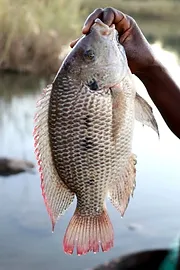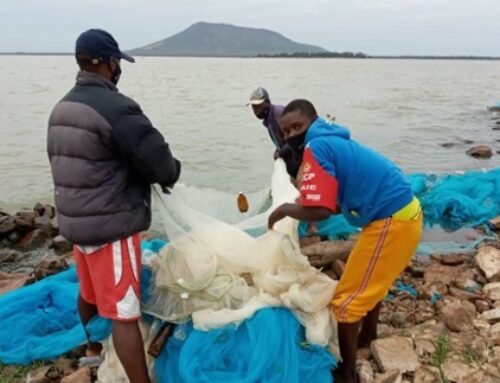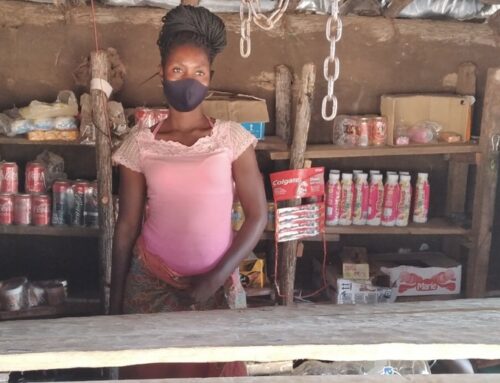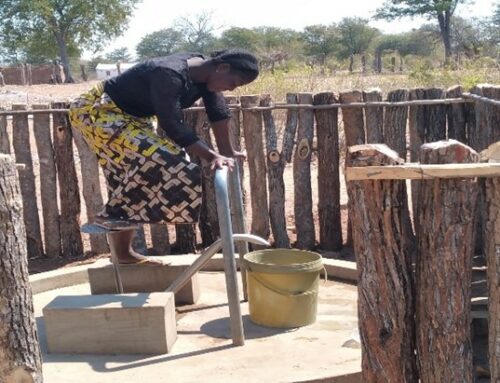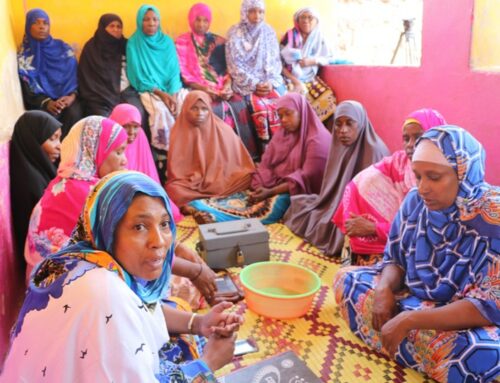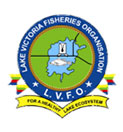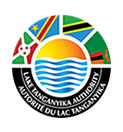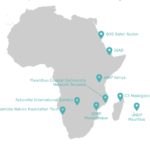“No, the visitors are also paddling!” This is Calvin talking to the Chairperson of Nsundwa fisheries reserves over the phone. “We are struggling to get our heavy 6 m aluminium boat through the floodplains of the Zambezi region. The water is too shallow and the engine is unable to run… we are being overtaken by locals in their traditional canoes.“
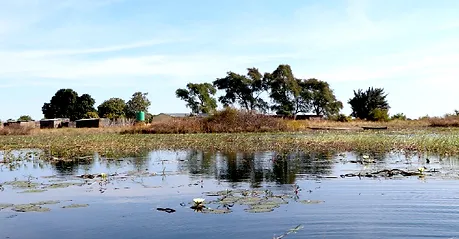
This is Nsundwa’s emerging conservancy. The area is seasonally largely underwater, with only some islands with homesteads popping out of what looks like an ocean. The landscape feels enchanting, with the carpets of waterlilies and islands of reeds and papyrus breaking up the seemingly endless waters, and otters playing near the riverbanks.
But as with most things in life, beauty is also difficult: The annual flood from the Zambezi river is what makes the area at times accessible by boat only, at other times one can reach it by road. But during changing water levels, suddenly both roads and channels are all cut off leaving people isolated.Kids are making their way to school using canoes, which they get on their first day of school instead of a gift bag.
One wonders why people settle in this inaccessible “Water Eden” – the answer is simple, fish is what makes people’s livelihoods. The flood comes and brings an abundance of fish. But the global trend of declining fish stocks has not been kept away even in this remote area.

We are on a verification trip. Our guide for today is Sichimwa Calvin Nchizabulyo. He is 42 years old and lives with his wife Muhonga Maureen and their six kids in Nsundwa in a traditional homestead. Calvin mainly goes fishing for a living. If one wants to fish in the channels here, permission is needed from the local headman. But nowadays, these local rules are often ignored: Calvin explains that outsiders come to fish in their channels, and the community has observed that the fish stocks have declined. He suggests: “Channels need protection from such exploitation by the foreigners”. Some community champions went to an already established fisheries reserve at the nearby Sikunga, where the conservancy has put the Kalimbeza channel under protection for six years with amazing restoration success: the fish stocks within the reserves have well recovered and now spill over into the areas where fishing is still allowed, benefitting the local fishermen.
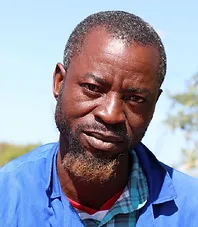
Inspired by this, the community consulted and agreed to put four areas under protection with the assistance of NNF under the project “Strengthening Community Fisheries in KAZA” which is part of the E€OFISH program and co-funded by Peace Parks Foundation. Calvin as the local headman agreed that the Sitwela Channel just near his homestead shall be converted into a fisheries reserve.
The rules for fishing have now changed: No fishing in the reserve without a permit and no illegal fishing gears or methods like the destructive monofilament gillnets. Fish guards are patrolling the reserves and offenders are being prosecuted by the Traditional Authority or the Ministry of Fisheries and Marine Resources.
